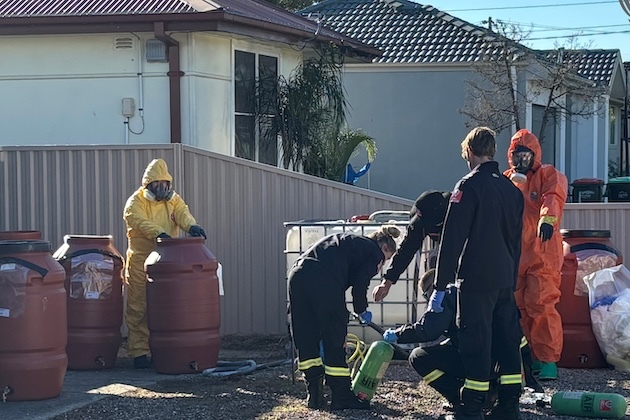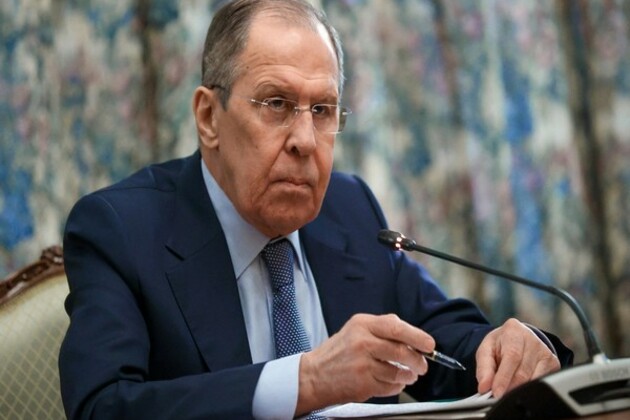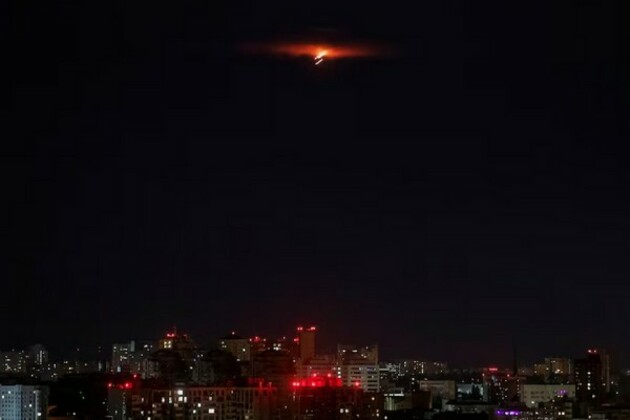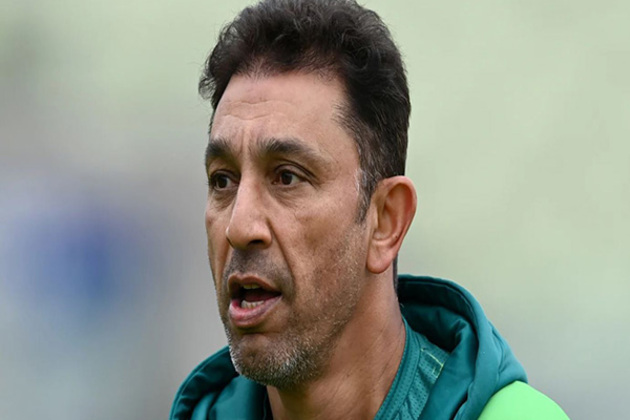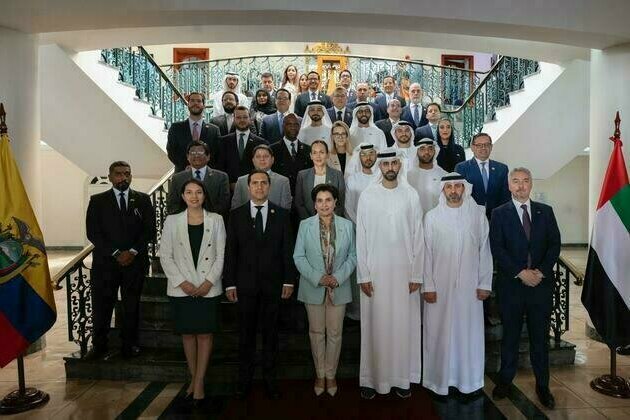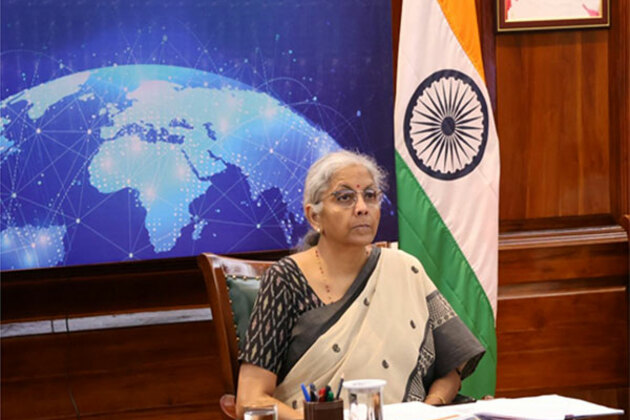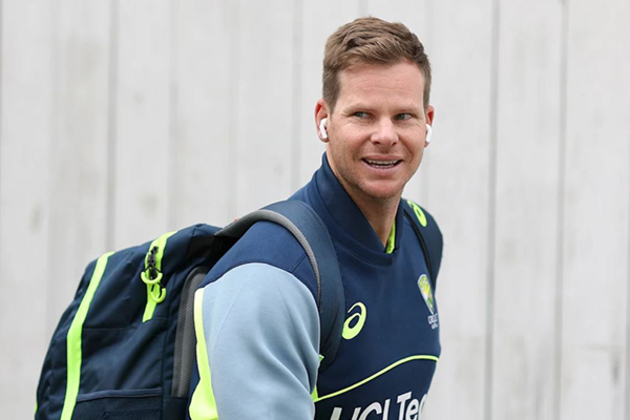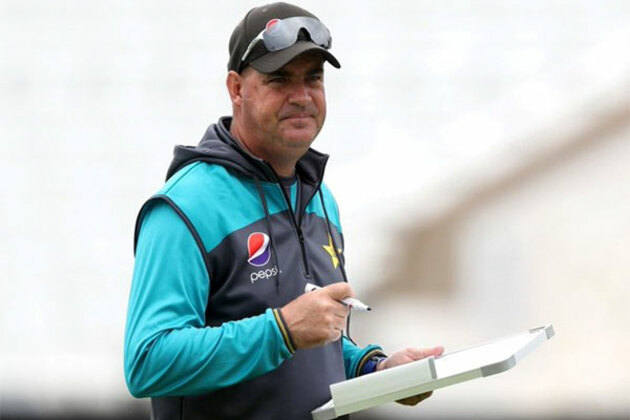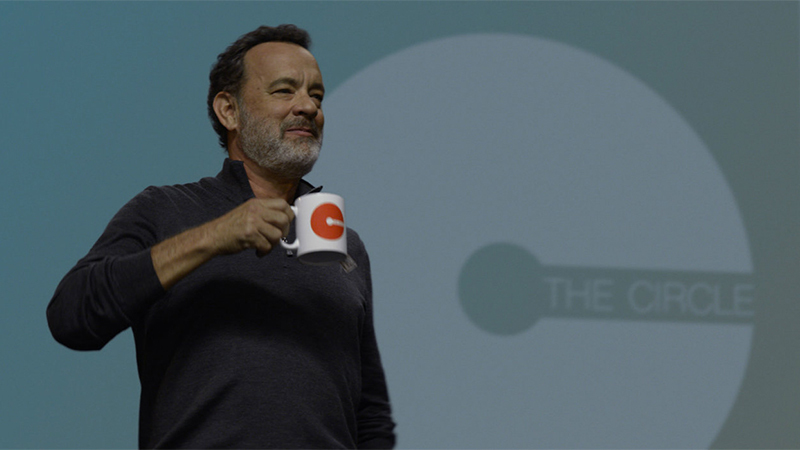Luisa B Hernandez: From Radiation Protection to Nuclear Security
International Atomic Energy Agency
16 May 2025, 14:45 GMT+10
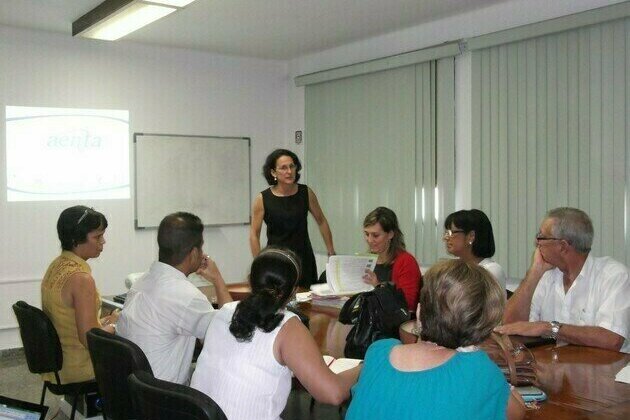
The IAEA profiles employees to provide insight into the variety of career paths that support the Agency’s mission of Atoms for Peace and Development and to inspire and encourage readers, particularly women, to pursue careers in STEM (science, technology, engineering and mathematics) or STEM-adjacent fields. Read more profiles of women at the IAEA.
Born and raised in Cuba, Luisa Betancourt Hernandez’s career has been defined by resilience, and a commitment to nuclear regulation. A nuclear engineer by training, she has navigated her career by breaking barriers in a traditionally male-dominated field and shaping the regulatory landscape in her home country and beyond. Yet, what makes her journey remarkable is how many of her defining moments began as unexpected detours — opportunities she was initially reluctant to embrace but that ultimately contributed to shaping her career.
A Career Forged in Science
Hernandez always had a keen interest in science, mathematics and physics. Encouraged by her father, she chose nuclear engineering as her path, drawn by Cuba’s ambitious nuclear power programme. Graduating in 1985 from Havana University, she expected to be assigned to work at the Juragua Nuclear Power Plant under construction in Cienfuegos. Instead, she was sent to Cuba’s Centre for Radiation Protection and Hygiene responsible for the regulation of radiation applications in medicine, industry, and research.
“I wanted to be at the nuclear power plant—it was the exciting place to be,” she recalls. “At first, I was reluctant to work as a radiation protection specialist, but it opened my world to the regulatory framework.”
Her early career saw her travelling across Cuba, inspecting facilities and gaining first-hand experience in regulatory control. However, the dream of contributing to Cuba’s nuclear power programme persisted. She eventually had the opportunity to apply her expertise to radiation protection in the Juragua Nuclear Power Plant.
However, in 1991, Cuba’s nuclear ambitions were halted due to an unforeseen situation, with the dissolution of the partner country in the project, the former Soviet Union. In the 2000s, the programme was officially closed.
“For nuclear engineers, it was heartbreaking,” she says. “But I was lucky, I was already deeply involved in radiation safety.”
From Radiation Safety to Nuclear Security
Over the years, Luisa climbed the ranks in regulatory control. By 2002, she was appointed Director of the National Centre for Nuclear Safety, Cuba’s nuclear regulatory body. A year later, when Cuba signed the IAEA Nuclear Safeguards Agreement and Additional Protocol, she played a key role, including coordination with the IAEA about inspections and information exchange . Her leadership extended beyond Cuba, contributing to regional projects in Latin America aimed at developing regulatory frameworks for medical and industrial nuclear technology applications.
While Luisa had dedicated most of her career to nuclear and radiation safety, her transition into nuclear security came unexpectedly. In 2007, she was chosen to complete a master’s degree in national security and defense — an assignment she initially resisted. However, the programme broadened her understanding of security issues and, in hindsight, proved essential to her later career.
In 2014, she was appointed President of Cuba’s Nuclear Energy and Advanced Technologies Agency, overseeing all the country’s nuclear applications, from medicine to industrial use. Yet, life had another challenge in store. When her husband, a nuclear physicist, was offered a position at the IAEA, they decided to relocate to Vienna.
“I arrived in Vienna in 2016 without a job, which was hard for someone as active as me, but I wanted to keep our family together.”
However, this move ultimately led her in 2019 to a full-time position with the IAEA, working on the Regulatory Infrastructure Development Project with a focus on nuclear security.
“For me, regulation is in my blood,” she says. “Safety and security in nuclear applications are crucial, and I’ve dedicated my life to ensuring they are upheld.”
Embracing the Unexpected
Initially, Luisa was one of the few women in her field. Only 5 of her 21 classmates were women when she began her studies.
“In Cuba at the time, engineering was seen as a man’s career,” she explains. “Women were expected to go into other fields. Over the time this has changed, and today, we see a much better balance.”
Looking back, Luisa sees a pattern in her journey — some of the best opportunities were ones she was initially not seeing as such. Her master’s degree, for example, ultimately played a critical role in expanding her expertise from nuclear safety to include nuclear security.
“At first, I thought it was a setback. I went from being a director to a student. But later, my national security and defense degree helped me progress in my career,” she says. “It taught me that sometimes, what seems like an obstacle is an opportunity.”
Luisa’s story is one of adaptability and an unyielding passion for her field. Whether shaping Cuba’s regulatory framework or contributing to international nuclear safety and security, she has played a significant role in strengthening global regulatory standards.
Her advice to young women considering a career in science?
“Be open to opportunities. Even if they don’t seem ideal at first, they may lead to something great. And above all, be resilient. Nowadays, women have more opportunities than ever—take them.”
The IAEA’s Commitment to Gender Equality
The IAEA is committed to gender equality and to supporting the ability of all individuals, regardless of gender, to equally contribute to and benefit from its programmes and activities.
Additionally, in 2020, the IAEA launched the Marie Sklodowska-Curie Fellowship Programme (MSCFP) to support the next generation of women nuclear professionals by offering scholarships for master’s degree in nuclear-related fields. A new IAEA initiative launched in March 2023, the Lise Meitner Programme, offers early- and mid-career women multiweek training visits to nuclear facilities.
Read more about the IAEA’s work on gender equality, and apply for vacancies, internships or pipelines.
 Share
Share
 Tweet
Tweet
 Share
Share
 Flip
Flip
 Email
Email
Watch latest videos
Subscribe and Follow
Get a daily dose of Barbados Bulletin news through our daily email, its complimentary and keeps you fully up to date with world and business news as well.
News RELEASES
Publish news of your business, community or sports group, personnel appointments, major event and more by submitting a news release to Barbados Bulletin.
More InformationWorld
SectionWestern Sydney raid results in seizure of $25 Million in drugs
SYDNEY, NSW, Australia - , Australian Federal Police (AFP) have shut down a secret drug lab in Sydney's west and seized more than 100kg...
"The West has never succeeded in this, and it will not succeed this time either": Lavrov on NATO-EU bid to strategically defeat Russia
Bishkek [Kyrgyzstan], June 30 (ANI): Western nations will not succeed in inflicting a 'strategic defeat' on Russia, Russian Foreign...
Palestinians chant "I love you Trump" as US-backed aid enters region
Washington, DC [US], June 30 (ANI): White House Press Secretary Karoline Leavitt on Sunday shared a video of Palestinians expressing...
Russia launches major strike on Ukraine's oil and industrial sites
Kyiv [Ukraine], June 30 (ANI): Russian forces launched a large-scale overnight strike on Ukrainian industrial infrastructure using...
Pak NGO reports two alleged state-backed Baloch deaths
Balochistan [Pakistan], June 30 (ANI): Paank, the Baloch National Movement's Human Rights Department, has reported the brutal killings...
Azhar Mahmood appointed as acting head coach of Pakistan for red-ball cricket
Lahore [Pakistan], June 30 (ANI): Azhar Mahmood has been named as Pakistan's new acting red-ball head coach, according to the official...
Caribbean
SectionPresident of Ecuador meets Envoy of UAE's Minister of Foreign Affairs
UAE and Ecuador governments explore ways to promote joint partnership and constructive cooperation Omar Sultan Al Olama: Under...
FM Nirmala Sitharaman embarks on official visit to Spain, Portugal and Brazil from June 30 to July 5
New Delhi [India], June 30 (ANI): Union Minister for Finance & Corporate Affairs Nirmala Sitharaman will lead the Indian delegation...
Steve Smith confident of return for second Test against West Indies
Bridgetown [Barbados], June 30 (ANI): Australia batter Steve Smith remains optimistic about recovering in time to make his return from...
West Indies: Worst batting side of 2020s?
St John's [Antigua], June 29 (ANI): West Indies' batting will determine the result of the second Test against Australia at St George's...
Mickey Arthur set to oversee Rangpur Riders' GSL title defence remotely
Rangpur [Bangladesh], June 29 (ANI): Former Pakistan head coach Mickey Arthur will be in charge of Rangpur Riders' Global Super League...
"Night to remember forever": Rajeev Shukla, Mohammed Kaif recall India's T20 WC 2024 win
New Delhi [India], June 29 (ANI): The Board of Control of India (BCCI) vice-president Rajeev Shukla reminisced on Team India's ICC...

